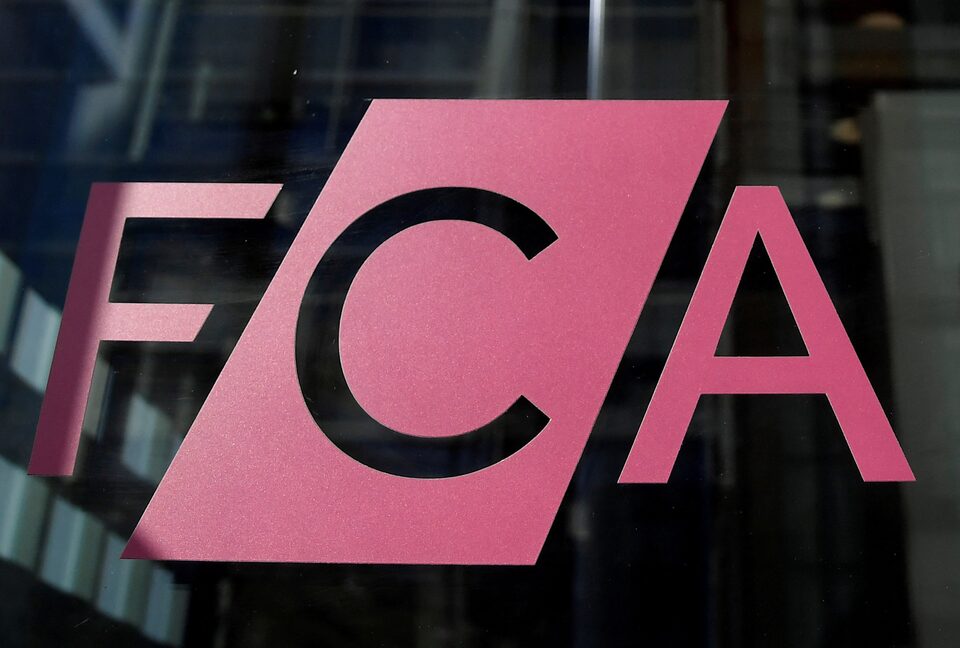WhatsApp v. the EDPB: Why this €225m GDPR case matters for every business

In a significant ruling that could reshape the way GDPR fines are challenged across Europe, the Court of Justice of the European Union (CJEU) has backed WhatsApp’s right to directly challenge a €225m privacy fine imposed following intervention by the European Data Protection Board (EDPB). This may look like another Big Tech procedural battle. But […]
Is Ireland setting the pace for AI governance in 2026?

Ireland has now moved from theory to infrastructure in AI regulation. With the publication of the General Scheme of the Regulation of Artificial Intelligence Bill 2026, the Irish Government has set out how it will turn the EU AI Act from a directly applicable regulation into a functioning national enforcement system. This matters far beyond […]
Annexe I firms under fire: The FCA’s AML crackdown enters a new phase

For years, Annexe I firms have occupied the grey zone in UK financial regulation. Commercial lenders, money brokers, invoice-factoring providers, leasing companies and safety-deposit box operators are not fully authorised by the FCA, yet they sit squarely in the path of illicit finance. That grey zone is now closing. The FCA has made clear, through […]
DUAA Enters Its Next Phase. What do UK businesses need to know?

The UK’s data protection landscape has shifted. The next phase of the Data (Use and Access) Act 2025 (DUAA) is now in force, bringing with it the most substantial reforms to UK data protection since the introduction of the UK GDPR. While the Act received Royal Assent back in June 2025, many organisations have been […]
The Digital Omnibus isn’t a way to just buy time. Is Parliament rewriting the AI Act’s rules?

For months, the European Commission’s Digital Omnibus proposal was framed as a pragmatic reset. It is a way to give businesses breathing room while standards, guidance and enforcement structures caught up with the ambition of the EU AI Act. That framing is now looking very different. The European Parliament’s Committee on Legal Affairs (JURI) has […]
From client account to compliance failure: lessons from the SRA’s £68K fine

The SRA’s £68K fine against Scott-Moncrieff & Associates (ScoMo) is not just another AML enforcement headline. It is a clear reminder of how regulators are now assessing risk, intent and follow-through and of how little tolerance there is for firms that fail to adapt after being warned. That the firm was founded and run by […]
Operational reality under GDPR: Insights from January 2026’s largest fines

The first month of 2026 has already delivered a stark reminder to organisations across Europe: GDPR enforcement is serious, and the stakes are high. Several headline-grabbing fines this January underscore that regulators are no longer hesitating to penalise both large telecom operators and other companies for lapses in security, governance, and transparency. Free Mobile and […]
Crypto has become a global money laundering machine

Cryptocurrency has long been promoted as a technological innovation that would democratise finance, reduce friction and increase transparency. The reality appears to be far less optimistic. Recent data indicates that crypto has become a highly efficient, industrial-scale money laundering infrastructure and one that is growing faster than regulators can effectively manage. According to new findings […]
AML compliance in 2026: What UK law firms are asking now

At our recent VinciWorks AML Core Group meeting, a clear picture emerged of how the AML landscape is shifting for UK law firms. The discussion moved beyond technical compliance and focused on how firms are responding in practice to regulatory transition, increased supervisory scrutiny, and growing operational complexity. The questions below reflect the real issues […]



